Publications
Articles, publications, books, tools and multimedia features from the U.S. Institute of Peace provide the latest news, analysis, research findings, practitioner guides and reports, all related to the conflict zones and issues that are at the center of the Institute’s work to prevent and reduce violent conflict.
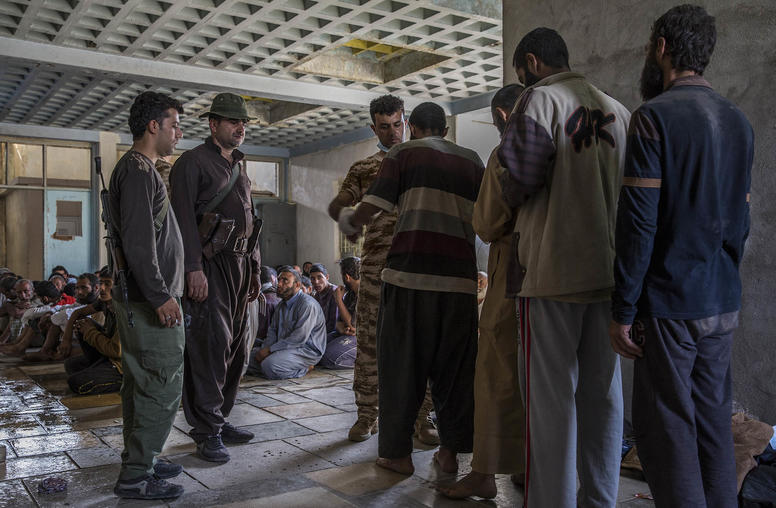
RISE Action Guide: A New Approach for Disengagement from Violent Extremism
On November 17, USIP will launch the Rehabilitation and (Re)integration through Individual, Social and Structural Engagement (RISE) Action Guide. The guide provides a peacebuilding framework to help local stakeholders, policymakers and program funders and implementers support people who are disengaging from extremist violence to reintegrate and reconcile with their local communities. RISE is also focused on supporting the recovery and well-being of affected people and communities.

Religious Actors in Formal Peace Processes
Despite the significant impact—both real and potential—that religious actors and communities can have on formal peace processes, there is little research on or analysis of their engagement as part of these processes. This report aims to remedy this deficit by examining whether, when, how, and to what extent religious actors have been engaged in formal peace and political transition processes.
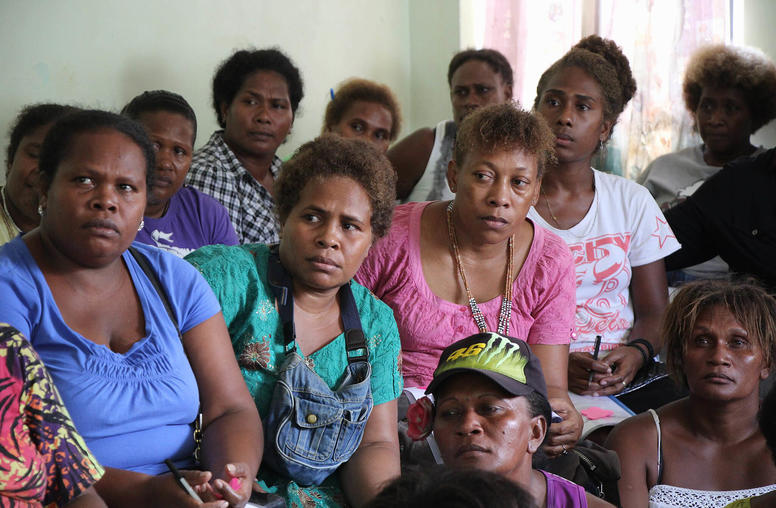
The Success and Sidelining of Women Peacebuilders in Solomon Islands
During the height of “The Tensions” in Solomon Islands — an armed civil conflict from 1998 to 2003 — women were thrust into the role of peace symbol, negotiator, trauma counsellor and mediator. Women often went in between the two warring sides to negotiate safe trade and movement of people, encouraged militants to give up arms, and led meetings and marches for peace.
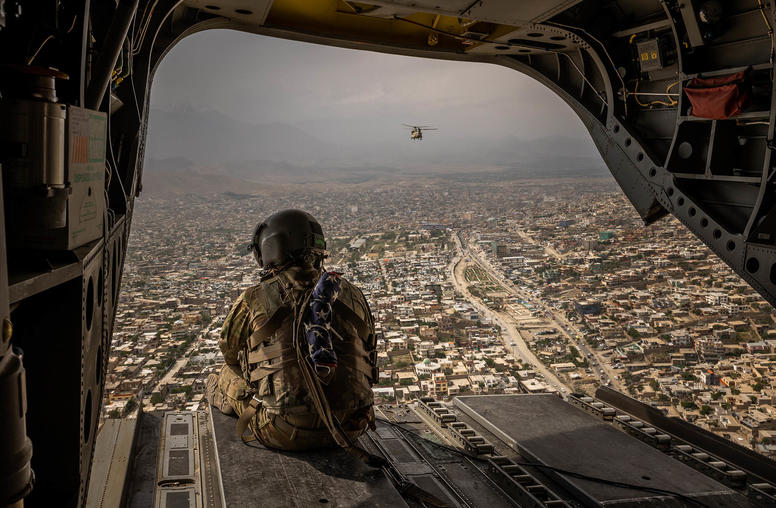
Learning from Failed Peace Efforts in Afghanistan
Over the course of 20 years, the United States made strategic mistakes in its war with the Taliban that helped fuel the insurgency and likely precluded an earlier end to the war. The U.S. government became fixated on a purely military solution, to the neglect of a political solution. This overwhelming focus on dealing the Taliban a decisive defeat was reinforced by the perceived political risks of negotiating a peace agreement with an organization that was seen solely through the lens of the war on terror. The United States should learn from its experience in Afghanistan and the opportunities it missed to reach a better and faster outcome to the war.
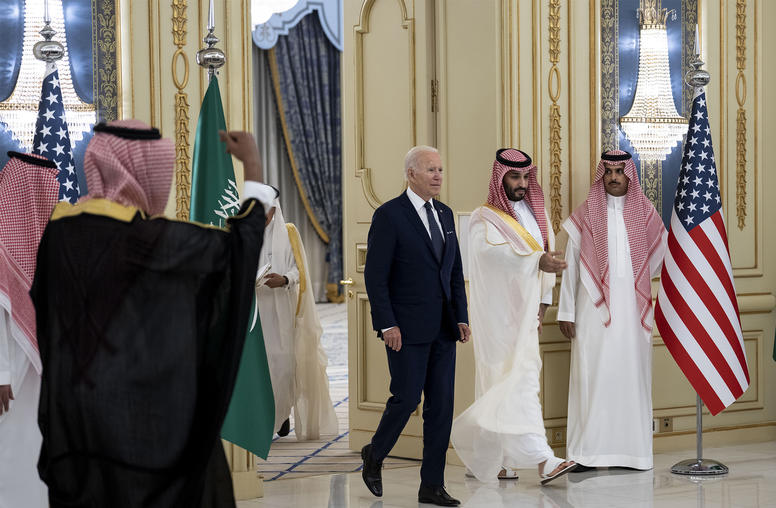
Is a Saudi-Israel Normalization Agreement on the Horizon?
In recent months, a drumbeat has built around the U.S. effort to negotiate a normalization agreement between Israel and Saudi Arabia. The deal would be a tectonic shift in Middle East geopolitics, but also carries major implications for other actors beyond the three negotiating parties. Israel would, of course, benefit from normalized relations with the Saudis — long seen as the “holy grail” of potential normalization agreements for the country. The Saudis, in turn, would see their interests advanced through strengthened U.S partnership in key areas. But this deal could also have serious implications for the future of the Palestinian national movement and, further afield, for the role of China in the Middle East.
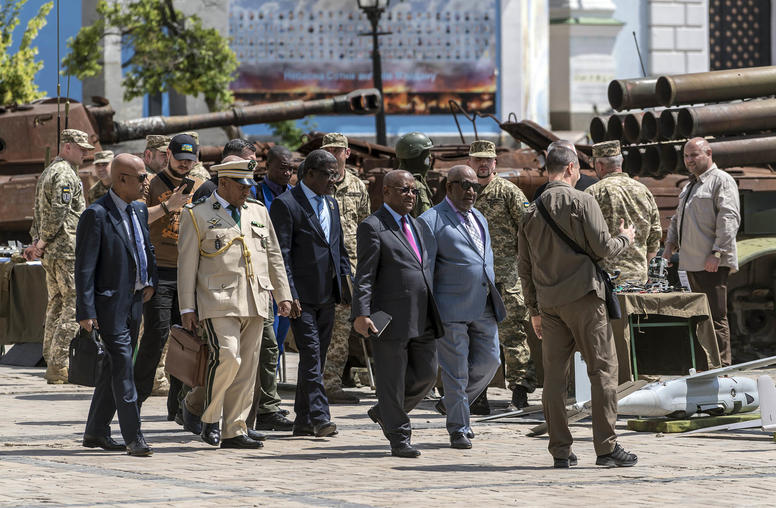
Why We Should Back Ukraine’s Diplomatic Long Game
A number of commentators have criticized Ukrainian President Volodymyr Zelenskyy’s latest peace summit in Jeddah for failing to produce tangible deliverables. What these criticisms miss is that Ukraine is playing a game of diplomatic attrition aimed at countering Russia’s central objective: international acquiescence to its violent seizure of a neighbor’s territory. The United States should support Ukraine’s efforts, most immediately by seeking a U.N.-sanctioned conference on the sidelines of next month's U.N. General Assembly session.
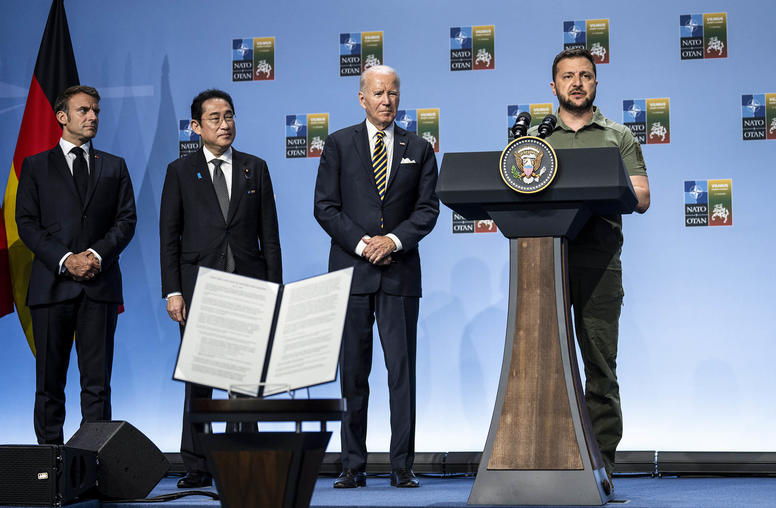
Ukraine is advancing its peace plan. The U.S. can help.
While Ukraine’s counteroffensive against Russia’s invasion has global attention on the battlefield, President Volodymyr Zelenskyy’s government is also busy advancing a diplomatic initiative: a peace summit to build momentum and cohesion among international partners on its 10-point peace plan. The United States should be a leader in backing this diplomatic effort — which is on the agenda this weekend in multilateral talks in Saudi Arabia. Broadening international buy-in for Ukraine’s peace plan serves U.S. interests. It can short-circuit less constructive peace initiatives and reinforce a cardinal international norm: An aggressor that launches an unprovoked war can't expect to set the terms for peace afterward.
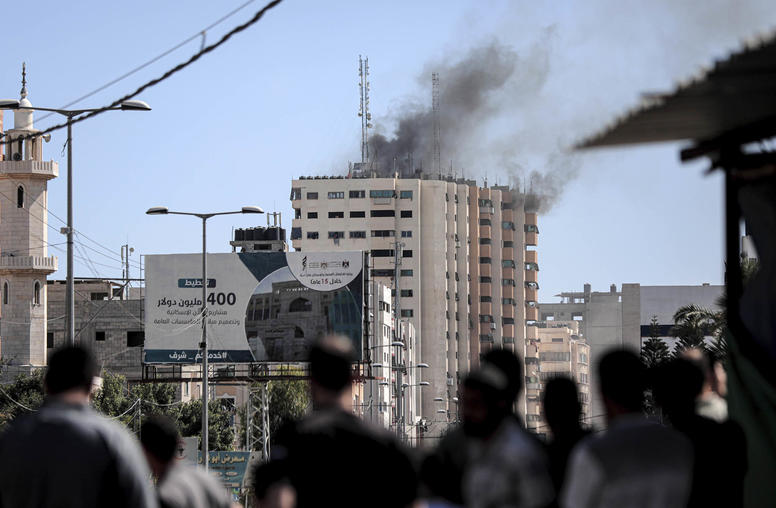
Is China Preparing to Make a Run at Israeli-Palestinian Peace?
Since April of last year, Xi Jinping and China’s foreign policy apparatus have been touting the Chinese leader’s vision of an alternative to the U.S.-led global security order, dubbed the Global Security Initiative (GSI). While Beijing has incrementally elaborated on Xi’s GSI, it remains an inchoate, fuzzy concept. What is clear is that Beijing wants to be seen as a global force for peace and stability that is capable of resolving international issues that appeared intractable under the U.S.-led security order. And it has repeatedly pointed to the detente it brokered between longtime foes Iran and Saudi Arabia as an example of its peacemaking prowess. As China deepens its involvement in the Middle East and campaigns for the GSI, is it gearing up to take on one of the region’s most vexing challenges, the Israeli-Palestinian conflict?
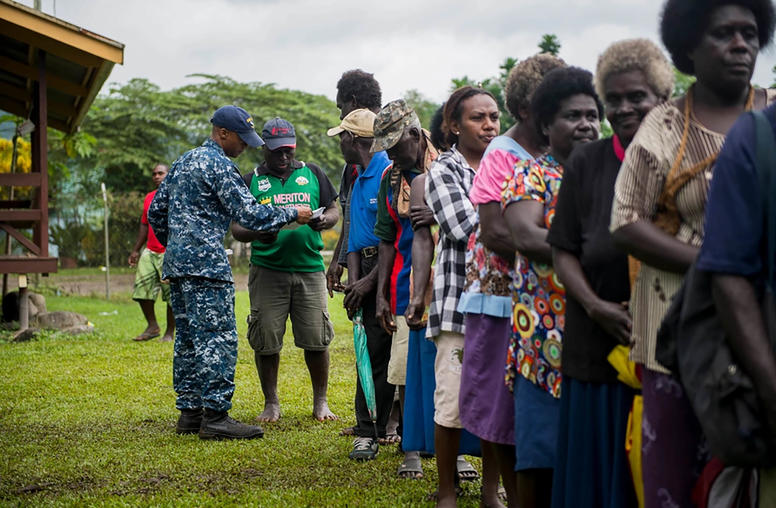
What Can Bougainville’s Independence Movement Learn from Timor-Leste?
Timor-Leste and Bougainville are two small, tropical island communities — one in Southeast Asia, the other in the South Pacific. While their culture and histories are distinct, they share a common political bond. They both voted overwhelmingly for independence in internationally sanctioned referendums, with Timor-Leste’s vote coming in 1999 and Bougainville’s in 2019. But only Timor-Leste, which is also referred to as East Timor, is now its own nation. What parallels does the path to self-determination in Timor-Leste hold for Bougainville as it looks to achieve the same goal?
Tracking the Evolution of Conflict: Barometers for Interstate and Civil Conflict
This paper presents news ways to track violent conflict over time, providing conflict barometers for interstate and civil conflict, respectively. After critiquing previous efforts at measurement, the authors discuss general principles concerning the utility of conflict barometers. The interstate barometer is based on establishing a baseline for the relationship between a pair of states and then using the incidence and severity of militarized confrontations to track variations around those baselines. The resulting Interstate Conflict Severity Barometer (ICSB) is scaled from 0 (no violent conflict) to 1,000 (rivalry plus severe militarized confrontations) for 2,631 different state-state relationships over the period 1900–2015.